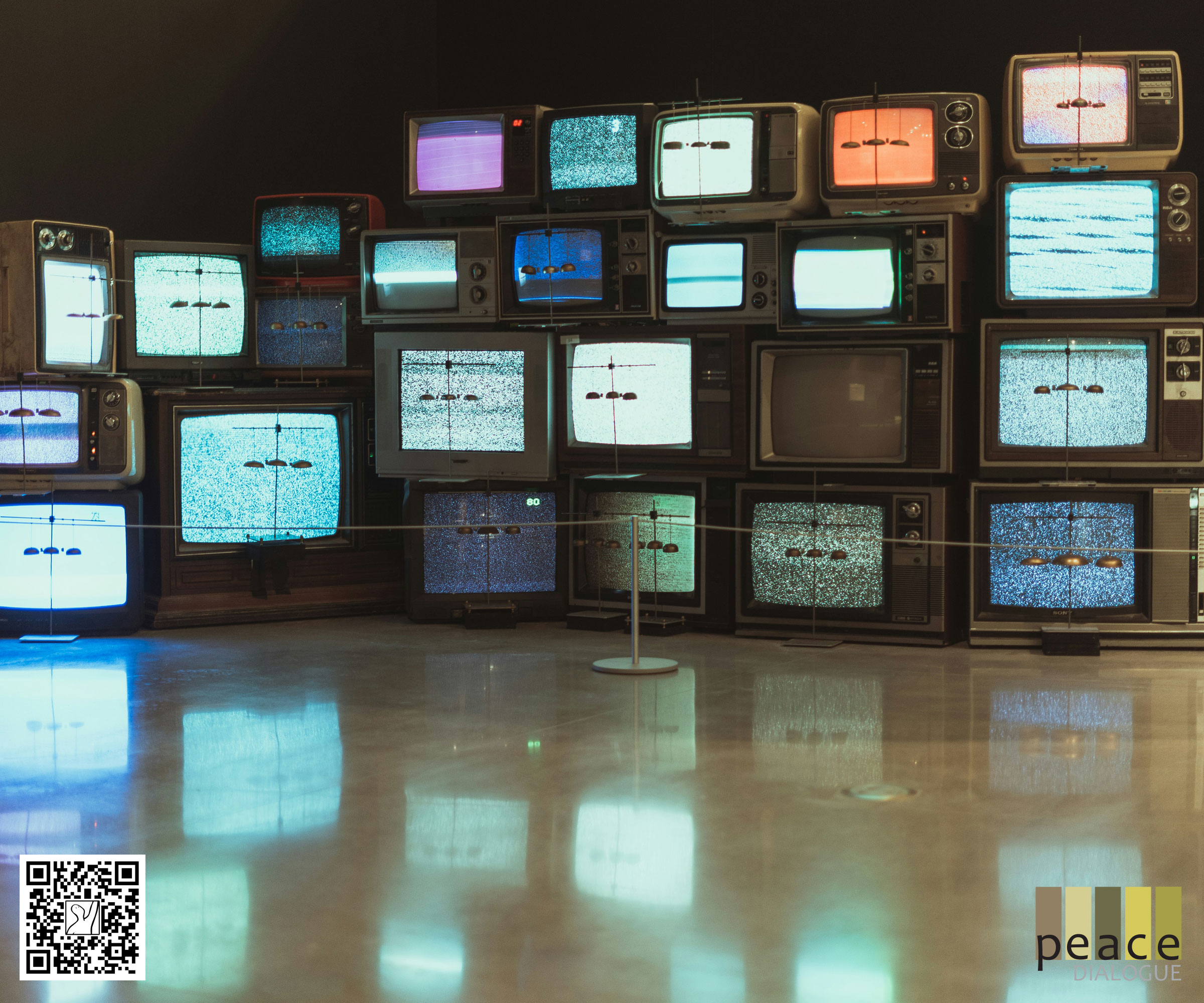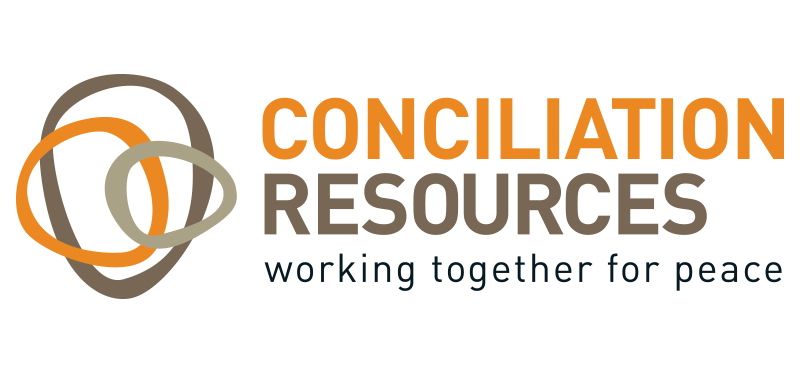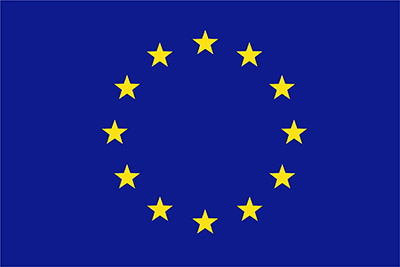
© 2025. PHOTO BY NABIL SALEH. SOURCE: HTTPS://UNSPLASH.COM/
On May 31–June 1, 2025, Peace Dialogue NGO organized a Multi-Stakeholder Foresight Dialogue in Dilijan, Armenia under the title “Exploring Future Scenarios, Trends, and Signals in Armenian-Azerbaijani Relations.” The event brought together a diverse group of participants—including parliamentarians, representatives of governmental institutions, and civil society actors—to explore how the evolving dynamics between Armenia and Azerbaijan might unfold in the coming years.
The dialogue aimed to create a collaborative space for participants to explore the future of Armenian-Azerbaijani relations through structured scenario-building and inclusive exchange. Specifically, it sought to analyze emerging regional trends and geopolitical developments, identify key risks and their security implications, clarify the role of stakeholders and institutions in shaping peaceful outcomes, and promote actionable strategies that support positive scenarios while mitigating those that could threaten stability. The process was facilitated by Dr. John A. Sweeney and Mr. Haik Toroyan from CMI – the Martti Ahtisaari Peace Foundation (Finland).
Over the course of two days, the group developed four plausible future scenarios, each shaped by different political trajectories in Armenia and shifting international dynamics. Rather than serving as predictions, these scenarios offered frameworks for thinking critically about how key decisions—particularly those following the 2026 elections—could influence Armenia’s future direction.
Some scenarios envisioned a change in government, with attempts to continue the peace agenda unfolding under increasing external influence, particularly from Russia. These pathways raised concerns about Armenia’s gradual loss of sovereign agency, the weakening of democratic institutions, and deeper integration into regional structures that challenge national autonomy. Other scenarios explored the breakdown of peace negotiations altogether—marked by repression, re-militarization, and authoritarian drift—resulting in mass emigration and societal polarization. Alternatively, other scenarios depicted the signing of a comprehensive peace agreement with Azerbaijan, setting the stage for gradual socio-economic progress, expanded cooperation with neighbors, and deeper integration with the European Union and the United States—despite ongoing hybrid threats from Russia.
Across all scenarios, participants assessed the short- and long-term implications for democracy, sovereignty, security, and social and economic development. In the longer term, these developments could either lay the foundation for inclusive and resilient institutions or entrench Armenia in a cycle of stagnation, dependency, and fragmentation.
Several cross-cutting challenges appeared consistently: social polarization, external geopolitical pressure, and emigration surfaced in nearly every imagined future. Emigration, in particular, was understood not just as a consequence of instability, but also as a factor that could accelerate national vulnerability. At the same time, the foresight exercise highlighted space for resilience, reform, and strategic agency, urging a more active role for Armenian society in shaping its own trajectory.
By envisioning such contrasting pathways, the foresight dialogue underscored a central message: Armenia’s future is not predetermined. It will depend on the political choices made domestically, the international alliances it builds, and the capacity of its society to navigate complex transitions with clarity, courage, and foresight.
Peace Dialogue NGO will continue building on the insights generated through this process to foster inclusive public dialogue, inform civil society strategies, and support long-term peacebuilding efforts rooted in accountability and critical reflection.
This initiative is carried out by Peace Dialogue NGO in partnership with Conciliation Resources, with financial support from the European Union through its EU4Peace programme. The project is implemented in close collaboration with CMI – the Martti Ahtisaari Peace Foundation. CMI provides methodological guidance and facilitation through its Digital Peacemaking Team.






